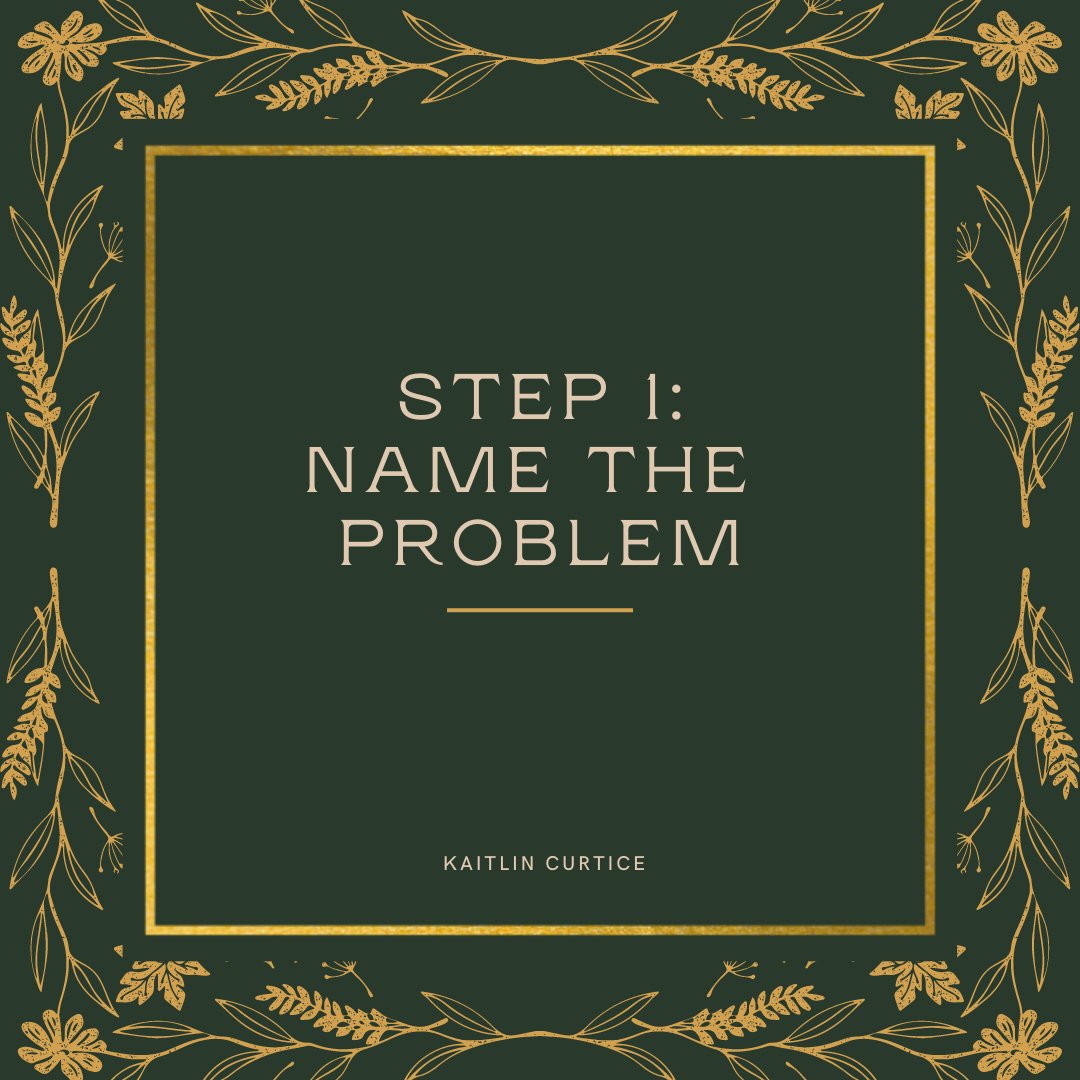Sept 4, 1838, the beginning of the Trail of Death, the forced removal of Potawatomi peoples from Indiana on a 2-month long trek to Kansas. Day one is chronicled here, as well as the days that followed:
potawatomi.org/chronicling-th…
potawatomi.org/chronicling-th…
In light of everything happening in the world, in America, do I really want to focus on this? No.
But, it is a part of me. It is a part of our history. It is why I won't give up telling the truth about the legacy of white supremacy in the United States.
But, it is a part of me. It is a part of our history. It is why I won't give up telling the truth about the legacy of white supremacy in the United States.

“Everything seems to justify the belief that these unhappy ppl will yet learn to appreciate the interest which govt. has ever manifested in this affair...a willing compliance will but secure the comfort and enjoyment which for years they have failed to experience in Indiana.”
General Tipton wrote to the Gov. of Indiana to justify removing these people at gunpoint from their homes, that they'd be better off in a place they'd never known or seen than the place they called home. I write about this in #NativeBook
indiebound.org/book/978158743…
indiebound.org/book/978158743…
"I feel deep within my bones what it means to be one who is removed, one who is assimilated, one whose people remain invisible. And yet, our stories will always carry us, because that is exactly what they are meant to do."
#NativeBook
#NativeBook
We can be forgotten by history books, called savages and heathens by the church, taunted by statues of Christopher Columbus and other colonizers, and yet, cities and states are named in our languages, rivers still run that have been tended to by our ancestors.
We are this land.
We are this land.
So, a few things you can do today:
1. visit native-land.ca
2. Buy books by Indigenous authors and read them kaitlincurtice.com/2020/04/09/10-…
3. Prepare for Indigenous Peoples Day in October by denouncing Columbus Day in your cities and states
1. visit native-land.ca
2. Buy books by Indigenous authors and read them kaitlincurtice.com/2020/04/09/10-…
3. Prepare for Indigenous Peoples Day in October by denouncing Columbus Day in your cities and states
• • •
Missing some Tweet in this thread? You can try to
force a refresh







